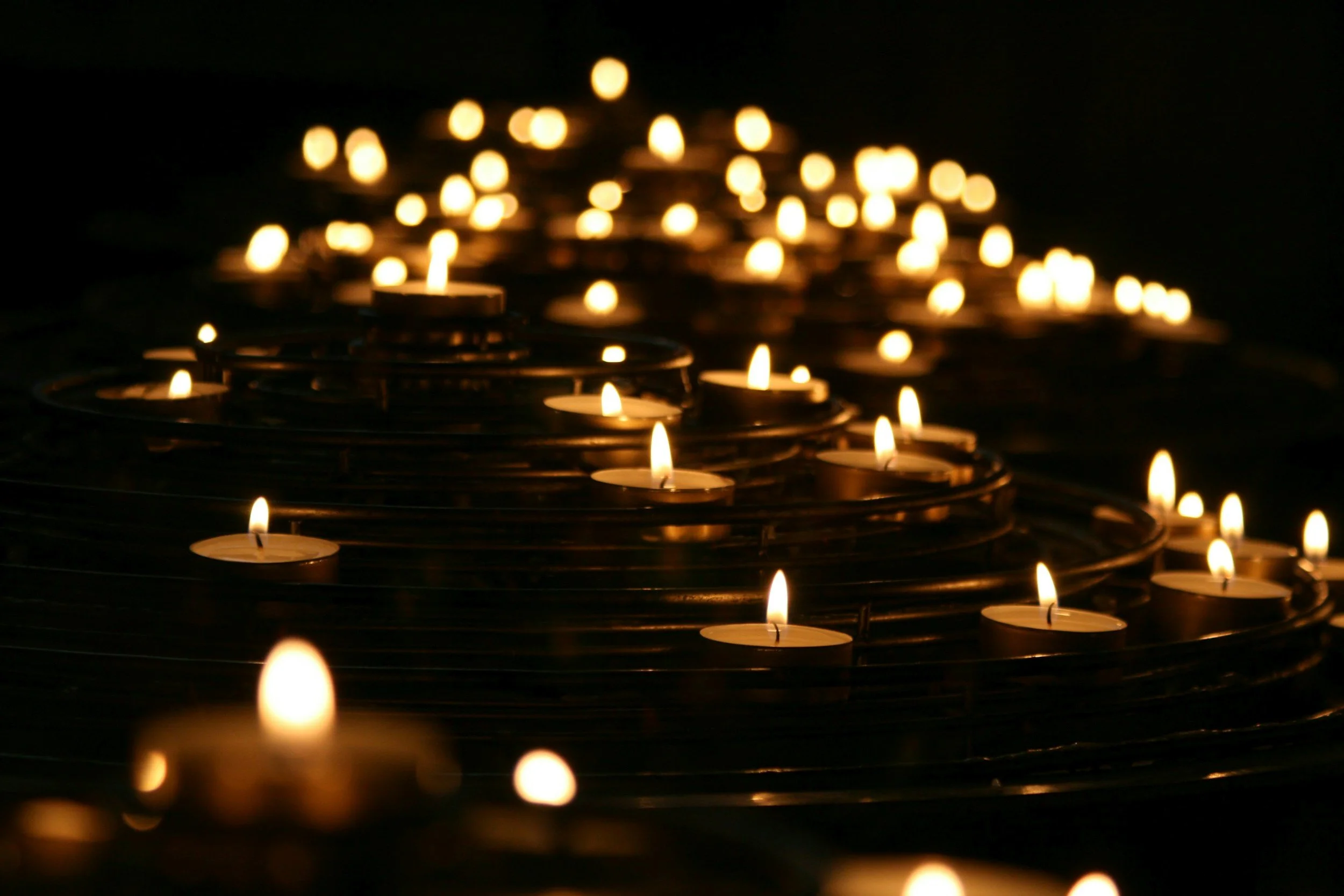
Food and Body
It’s just really hard to be yourself, just as you are.
You may feel bombarded by the many pressures and messages that tell you how you have to be and what you have to look like to be accepted. They are loud, they are big, and they are everywhere. Maybe these messages come from your own family members, your friends, your culture.
Maybe they come from you.
It’s hard to hear your own thoughts and feelings over all this noise. All that pressure and all those messages take up so much space in your mind and heart that eventually you feel and act differently toward yourself. They feel like yours but they’re not actually yours.
You compare yourself constantly to others. You can’t stop. You have feelings of self-dislike or self-hatred. You might engage in destructive behaviors around food and movement.
You aren’t kind to yourself.
And it’s hard to put the measuring stick away.
Maybe you feel tricked because all these harsh thoughts, feelings, and behaviors were supposed to win you acceptance, admiration, even love. But now everything is twisty and it’s hard to know which way is up. And maybe you’ve been thinking these thoughts and feeling these feelings for so long it’s hard to stop the behaviors. It’s hard to find yourself deep down in there.
You’re tired of feeling so pressured to literally measure up.
Your loved ones may be worried.
Your relationships may be strained.
There is no joy.
And yet.
Maybe a rebellion has started inside of you and you’re looking for a way out.
I Can Assist You With:
Determining level of care needed
Adopting neutral body image
Building self-respect, self-acceptance
Decreasing engagement in disordered eating behaviors
Connecting you with when your body feels hungry and full
Expressing your feelings
Finding joy
Freedom from the self-hatred is an option. I can help you turn down all the outside voices so you can hear you.
I know that is
so uncomfortable.
But that rebellion inside of you is ready to give it a try.
-
I trained for two years at the University of Oregon counseling center in their eating disorders specialty track. I coordinated the Eating Disorder Treatment Team, which consisted of multidisciplinary providers (therapists, physicians, psychiatrists, dietitians) working together to support students with eating disorders. I provided individual and group therapy to students dealing with body image and disordered eating concerns and continued to do so at Seattle University through 2023.
-
HAES is an approach that values body diversity and the idea that everyone, regardless of their size, can pursue health and well-being. There is less of a focus on weight loss as a measure of health and instead promotion of a holistic approach to well-being, including physical, mental, and emotional health. Health is multifaceted.
-
HAES encourages people to focus on health, not weight, and engage in eating with pleasure and enjoyable movement.
HAES promotes respect and acceptance for all body sizes and shapes.
HAES encourages eating intuitively; listening to your own hunger cues instead of following diets.
HAES promotes physical movement that is personalized and enjoyable.
HAES emphasizes providing health care that is free from weight stigma and promotes dignity and respect for all people, regardless of body size.




